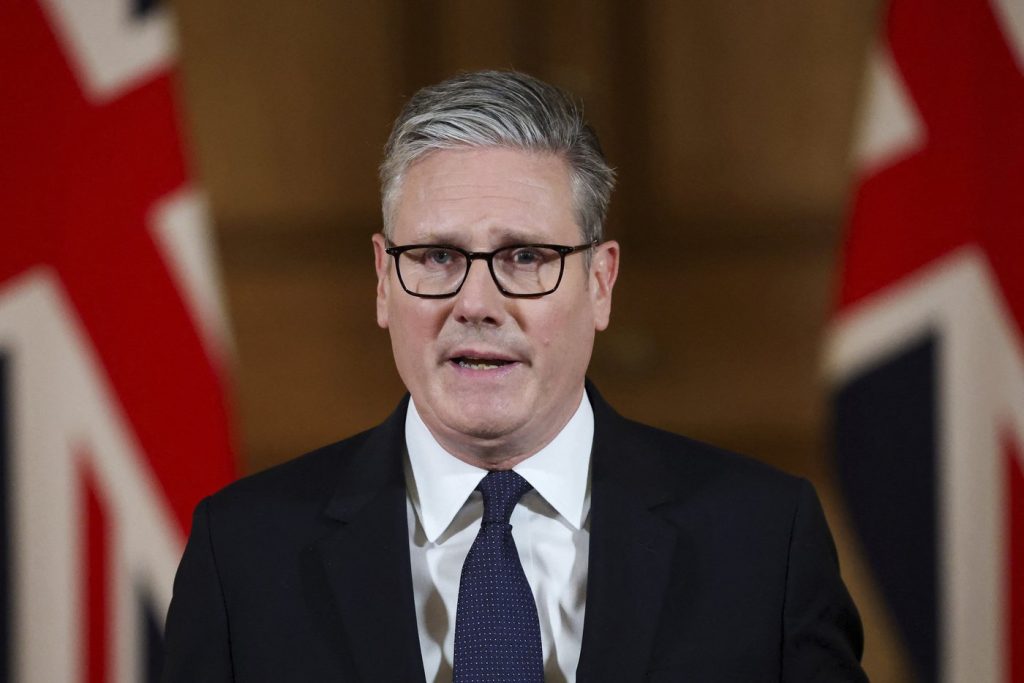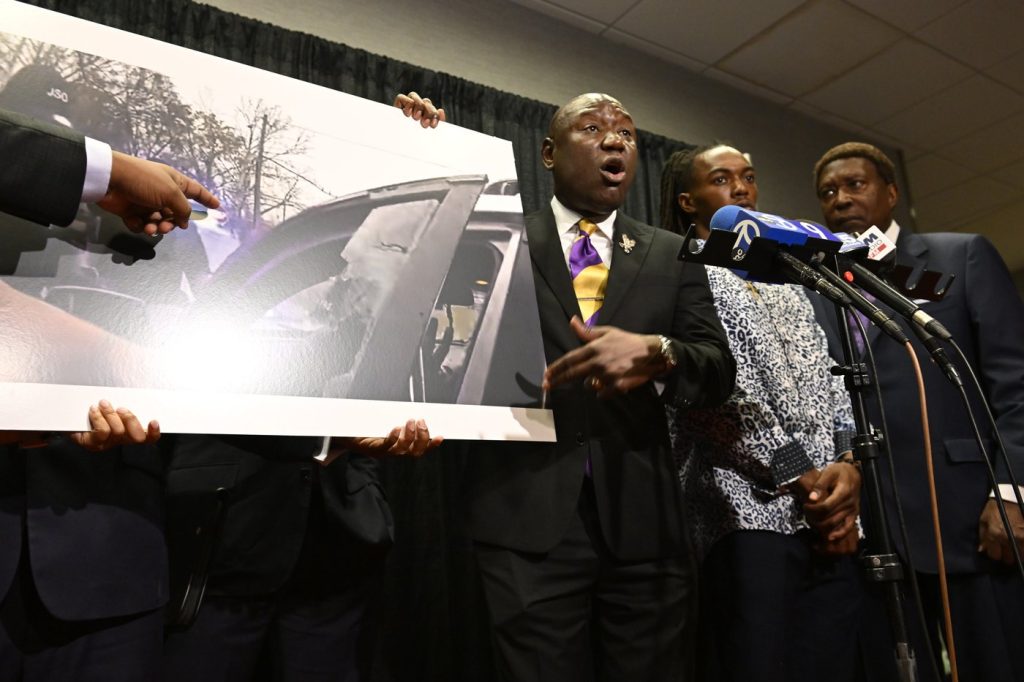LONDON (AP) – In a significant shift in foreign policy, the U.K. Prime Minister Keir Starmer announced that Britain will recognize a Palestinian state in September, contingent upon Israel agreeing to a ceasefire in Gaza, facilitating U.N. aid deliveries, and taking substantive steps towards establishing a long-term peace. This announcement comes amidst growing domestic pressure over the humanitarian crisis in Gaza, which has horrified many Britons, prompting Starmer to convene a rare Cabinet meeting to discuss the situation.
This decisive course of action was influenced by discussions Starmer held with U.S. President Donald Trump during a meeting in Scotland. While Trump expressed his indifference towards Starmer's stance on Palestinian statehood, he clarified that their conversation did not delve into the U.K.’s potential recognition of Palestine. Israel’s government, led by Prime Minister Benjamin Netanyahu, promptly rejected Starmer's announcement, asserting that the U.K.'s position, at this time, would reward Hamas and undermine efforts for a ceasefire and hostage release.
During his statement, Starmer emphasized that the recognition of Palestine will take place before the United Nations General Assembly unless Israel makes significant moves to address what he termed an "appalling situation" in Gaza. He outlined that these steps include agreeing to a ceasefire, committing to a sustainable peace, and allowing the U.N. to resume aid supply without the threat of annexation in the West Bank. The feasibility of these conditions appears bleak, as Netanyahu has historically opposed the two-state solution on both nationalistic and security grounds.
The pressure for the U.K. to formally recognize Palestine has intensified, especially after French President Emmanuel Macron declared that France would become the first major Western power to recognize a Palestinian state. Like France's recognition, Britain's gesture would be primarily symbolic but could signal a broader European and global shift against Israel amidst escalating diplomatic tensions. Over 140 countries already recognize Palestine, further encouraging U.K. lawmakers, with more than 250 members in the House of Commons having signed a letter advocating for recognition.
Britain's historic role as the former governing authority over Palestine, particularly as the initiator of the 1917 Balfour Declaration, which supported the establishment of a Jewish homeland, adds complexity to its current stance. Foreign Secretary David Lammy reiterated the U.K.'s commitment to Israel's existence and security but stressed that the promises within the Balfour Declaration have not been upheld, leading to a lingering historical injustice for the Palestinian people.
France welcomed the U.K.'s announcement as a continuation of momentum for recognizing Palestinian statehood. High-ranking officials, including the Palestinian Authority's foreign minister's assistant, expressed that if the U.K. follows through with its recognition in September, it would be a step toward correcting a historical wrong, given the limited autonomy the Palestinian Authority currently holds in parts of the occupied West Bank.
Against the backdrop of severe humanitarian needs in Gaza, the U.K.'s impending recognition of Palestine highlights a critical intersection of international relations, historical context, and the evolving geopolitical landscape concerning the Israel-Palestine conflict. As the situation develops, Starmer's government plans to assess the extent to which the involved parties meet the outlined conditions before making a final decision on recognition in September.












